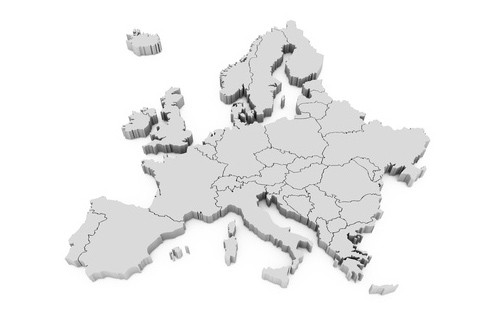
Alcohol abuse, poor economic progress and a failure to tackle infectious disease have led to a “health crisis” in Eastern Europe, according to a new report published in The Lancet.
Led by Professor Martin McKee of the London School of Hygiene & Tropical Medicine, the multi-paper report set out to analyse the state of health in Europe, looking at areas such as how the economic crisis has affected the region’s health and what an ageing population means for the EU.
One of the papers focused on health inequalities in the region, finding that the disparity in male life expectancy between Eastern and Western Europe was 12 years – a figure that has increased over the past 40 years.
“While life expectancy in Western Europe has improved almost continuously during this period, progress in Eastern Europe has been erratic,” said the Lancet, which claimed countries of the former Soviet Union were particularly affected.
The report suggested several reasons for the disparity, including poor public health programmes for HIV/AIDs and tuberculosis in Eastern Europe, as well as a failure to tackle dangerous alcohol and tobacco use.
These problems were compounded in several countries in the former Commonwealth of Independent States (CIS), due to a fragmented, outdated health system that is still to recover from the dissolution of the Soviet Union in 1991.
But while solutions are needed at a political level, there is currently “little ambition, poor engagement and excessive industry influence”, according to the report’s authors.
Other papers in the report tackled such areas as the tension between public health bodies in individual countries and the EU’s commitment to a free market for food, tobacco and alcohol.
The authors said: “EU public health policies tend to combine actions that industry can tolerate, a great deal of talk and capacity building of NGOs, and disappointment for public health advocates who are aware of how much EU power goes unused.”
Another notable finding was the use of “alarmist” concerns about Europe’s ageing population as part of a political agenda to justify welfare cuts.
The authors stated that projected increases in health expenditure due to ageing have been “exaggerated”, and instead other factors, such as new technology, will have a larger effective on healthcare spending.
Elsewhere, the report warns that migrant healthcare services are under threat from new health policies, while 6,000 children’s lives could be saved each year if child health services across Europe matched that of Sweden.
• Read all seven papers from Health in Europe at The Lancet.




